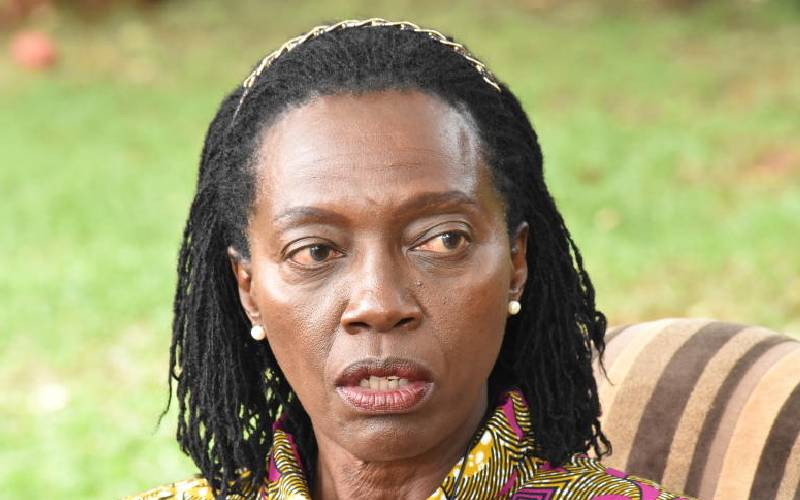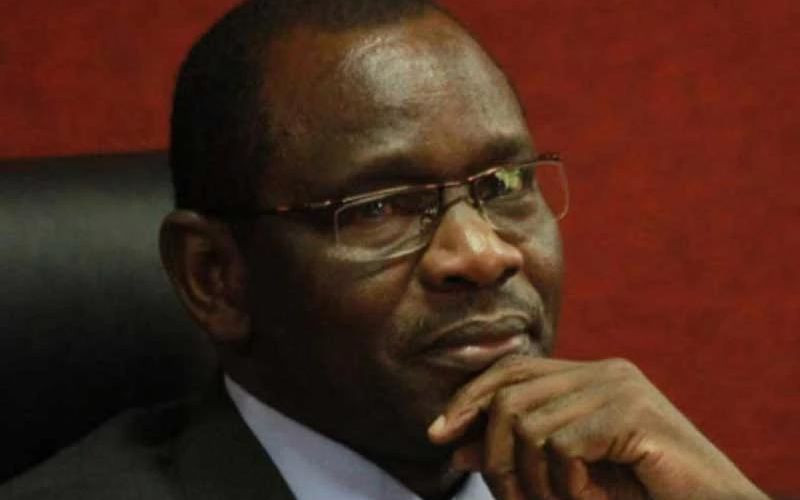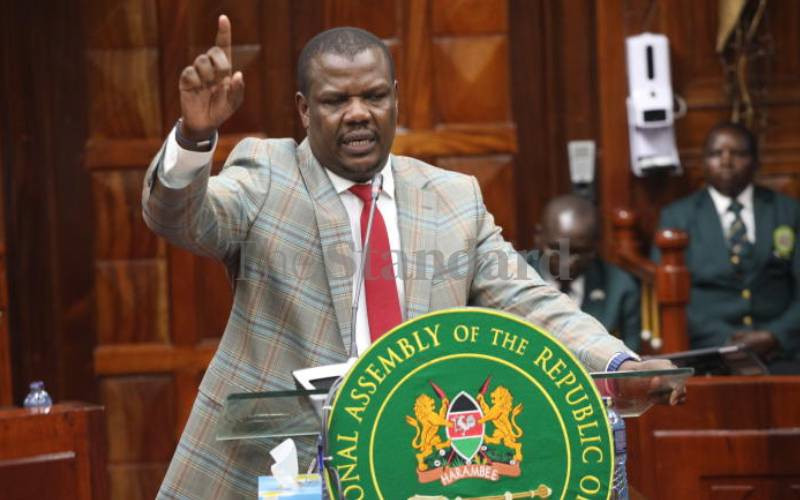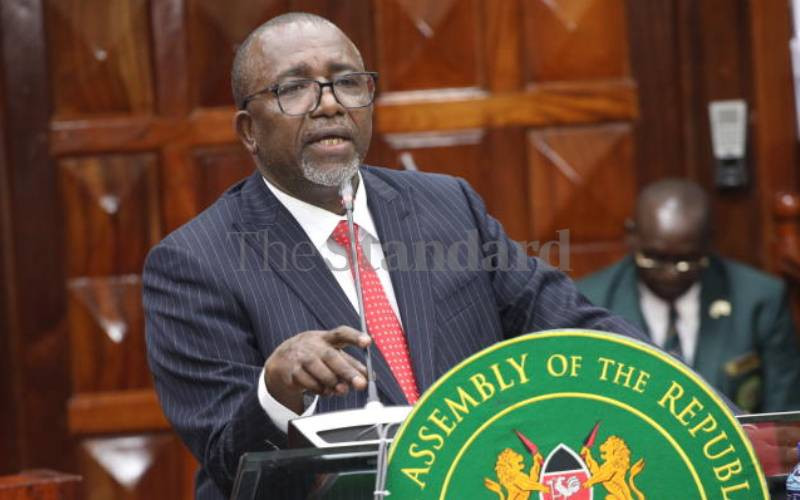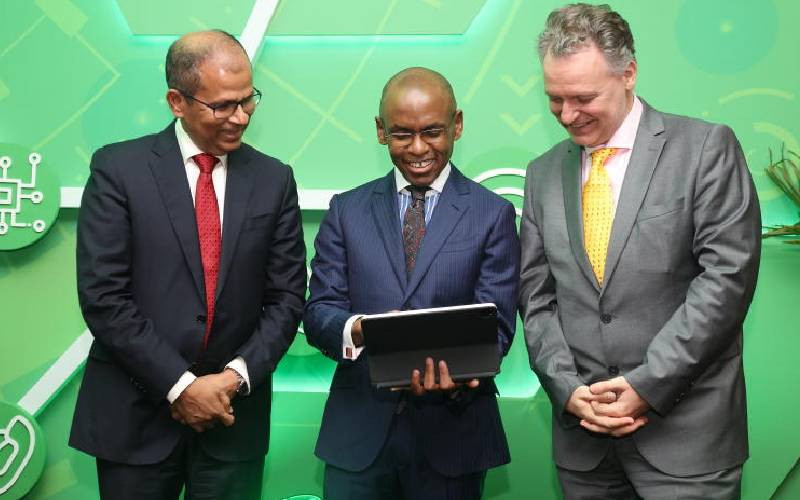More than 90 US companies plan to invest in various sectors of the economy in the next three years.
The investors under the lobby, Corporate Council on Africa (CCA) comprising 185 US private companies have promised to start extending their wealth mainly in the health, energy, and infrastructure soon.
The gesture by the US companies comes few weeks after more than 1,400 investors attended the KICC, in Nairobi. Already, 14 companies are in the country scouting for investment opportunities and seeking to ink deals with local companies.
This is the second such visit from American firms. The first visit was early this year.
CCA President and Chief Executive Stephen Hayes said US companies are angling to invest in key sectors where immediate deals can be made like in infrastructure, renewable energy and health. “We recognise Kenya’s economy as one of the most diversified with a chance to develop the future of an emerging African market thereby presenting investment opportunities in renewable energy and new transport infrastructure,” said Hayes.
“This is an opportunity to synthesise Kenya’s ideas into our own thinking and together build sustainable ideas for the future.”
Hayes said CCA represents nearly 85 per cent of total US private sector investments in Africa, adding that despite challenges such as insecurity, corruption and underdevelopment, Kenya is still a key investment hub. “We expect in the next three years, more than 90 companies from our group will have invested in various sectors of the economy. Currently, some of the companies are negotiating deals with local companies as well initiating the registration process,” he said at a Nairobi hotel during a meeting with the top officials of the Vision 2030 Delivery Secretariat yesterday.
Rapid urbanisation
Vision Delivery Board Chairman James Mwangi called on the investors to tap into Kenya’s rapid urbanisation, growing transport, infrastructure and energy and enjoy high returns.
He explained the projects within these sectors are economically viable and estimated to inject between two to three per cent of the gross domestic product (GDP) and further yield to up to between five and eight per cent of the country’s GDP through generated investments under a public private partnership framework, joint ventures or sole ownership.
“The seven key infrastructure project components of the Lamu Port, South Sudan-Ethiopia (Lapsset) Corridor Programme require substantial amounts of resources with a budget estimate of $24.5 billion (Sh2.2 trillion) in construction costs,” said Mwangi.
“It is estimated that Lamu Port with its 32 berths alone will cost $3.1 billion (Sh279 billion), railway $7.1 billion (Sh630 billion) while the Crude oil pipeline will cost a further estimate of $3 billion (Sh270 billion) for Lamu to Lokichar trunk line alone.”
 The Standard Group Plc is a
multi-media organization with investments in media platforms spanning newspaper
print operations, television, radio broadcasting, digital and online services. The
Standard Group is recognized as a leading multi-media house in Kenya with a key
influence in matters of national and international interest.
The Standard Group Plc is a
multi-media organization with investments in media platforms spanning newspaper
print operations, television, radio broadcasting, digital and online services. The
Standard Group is recognized as a leading multi-media house in Kenya with a key
influence in matters of national and international interest.
 The Standard Group Plc is a
multi-media organization with investments in media platforms spanning newspaper
print operations, television, radio broadcasting, digital and online services. The
Standard Group is recognized as a leading multi-media house in Kenya with a key
influence in matters of national and international interest.
The Standard Group Plc is a
multi-media organization with investments in media platforms spanning newspaper
print operations, television, radio broadcasting, digital and online services. The
Standard Group is recognized as a leading multi-media house in Kenya with a key
influence in matters of national and international interest.


